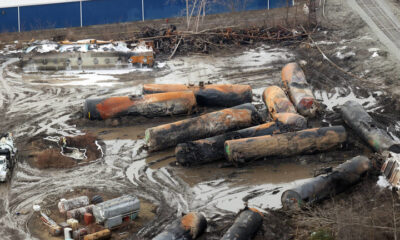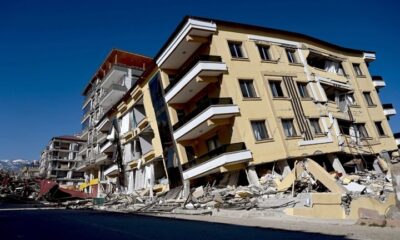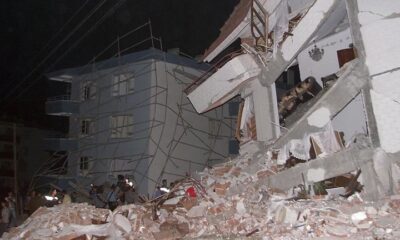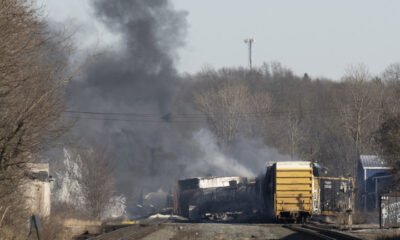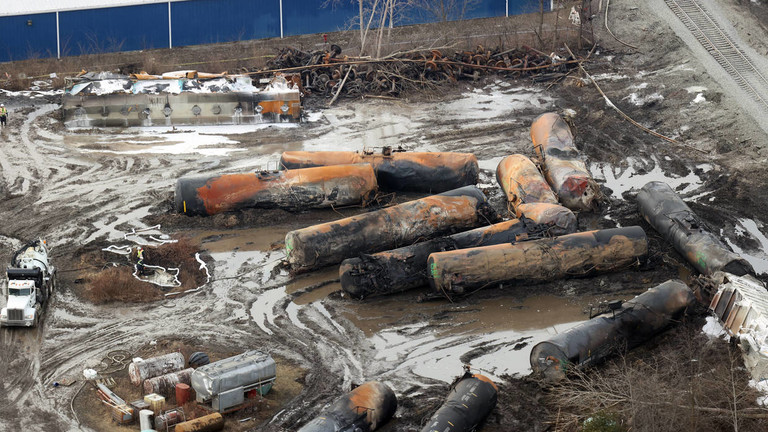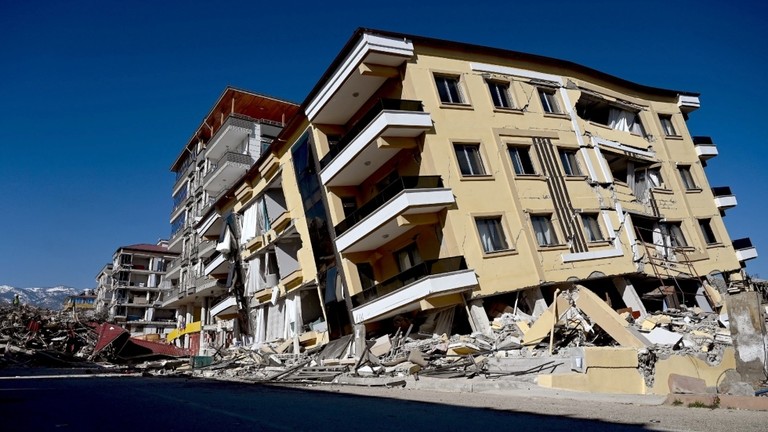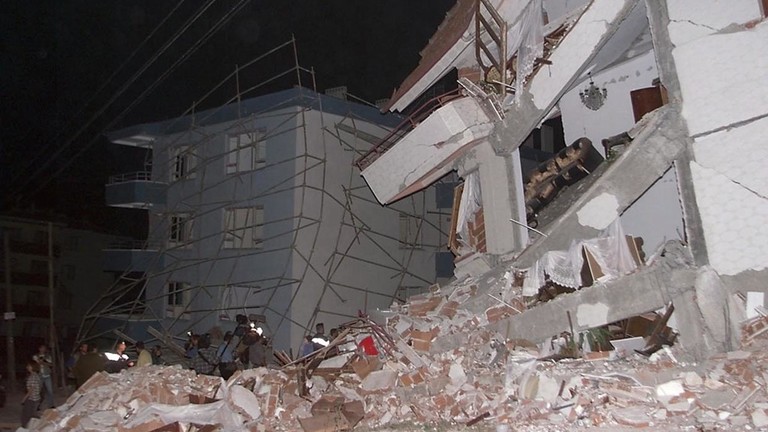
Florida Governor Ron DeSantis has signed legislation banning all business and government entities from requiring proof of vaccination status and has ordered that all remaining city and county Covid-19 restrictions be lifted.
The new law, which will take effect on July 1, follows through on an emergency order that DeSantis signed in April to ban so-called vaccine passports. At the time, he urged the Florida Legislature to make it tougher for a future administration to overturn the ban by passing a bill to make it permanent.
“You have a right to participate in society, go to a restaurant, movie, a ballgame – all these things – without having to divulge this type of information,” the Republican governor said on Monday at a restaurant in St. Petersburg, Florida. “And, oh, by the way, you give that to big companies, they are going to absolutely try to monetize that. So we didn’t want to go down that road.”
Unlike vaccine passport bans in some other Republican-controlled states, such as Indiana and Utah, the Florida law prohibits not only government entities, but also businesses and schools from demanding proof of vaccination. DeSantis had warned previously of such passports creating a two-tiered society in which part of the population is blocked from assessing certain goods, services and jobs.
‘We are not going to restrict freedom’: South Dakota governor is latest to ban ‘un-American’ vaccine passports
The governor issued a new order that requires all local governments to suspend any remaining social-distancing restrictions related to the Covid-19 pandemic. Such orders will be blocked statutorily when the new law takes effect in July.
“I think folks that are saying that they need to be policing people at this point, if you’re saying that, you really are saying you don’t believe in the vaccines, you don’t believe in the data, you don’t believe in the science,” DeSantis said.
DeSantis imposed a 30-day Covid-19 lockdown in April 2020, which he lamented a year later as a mistake. He said such lockdowns have destroyed lives and devastated economies across America without blunting the spread of Covid-19.
Despite having the second-highest percentage of 65+ population in the US, Florida’s Covid-19 death rate of 164 per 100,000 ranks behind 27 other states, according to CDC data. The four states with the highest death rates – New Jersey, New York, Massachusetts, Rhode Island – are all Democrat-run and have imposed some of the strictest Covid-19 restrictions.
DeSantis said some governments around the country have kept lockdowns in place or even extended them after evidence has shown that the restrictions on individual liberties aren’t effective or justified. The new law creates the opposite predisposition regarding future emergencies in Florida.
CNN analyst fears Americans may ‘enjoy freedoms’ without getting Covid jabs, unless Biden ties re-openings to vaccination
“The legislation creates a default legal presumption that during any emergency, our businesses should be free from government mandates to close, and our schools should remain open for in-person instruction for our children,” DeSantis said.
Any government restrictions will have to meet “demanding and continuous justifications,” the governor said. Local orders will have a maximum length of seven days and may be extended to 42 days at the most. And at any time, the governor can invalidate local orders if he deems them to be unnecessary.
Fear and loathing in Tallahassee: Joy Reid’s baseless allegations against Ron DeSantis show just how scared the media are of him
DeSantis’ freedom-first views made him a target of criticism by mainstream media outlets and Democrat politicians after he ended Florida’s lockdown, allegedly too soon, and issued an order last September banning local governments from enforcing mask mandates. His bold approach also won him adoration from many Republican voters, making him one of the early frontrunners for his party’s 2024 presidential nomination.
In fact, he’s now so hated by Democrats that he’s managed to spark outrage through such seemingly benign acts as eating a piece of pizza or, in the words of one left-wing writer, “sitting very strongly.”
Florida’s Ron DeSantis, the Republican governor whom Democrats love to hate, is now triggering leftists with the way he eats pizza
Like this story? Share it with a friend!


 NEWS2 months ago
NEWS2 months ago
 NEWS2 months ago
NEWS2 months ago
 NEWS2 months ago
NEWS2 months ago
 INVESTMENTS2 months ago
INVESTMENTS2 months ago
 FINANCE2 months ago
FINANCE2 months ago
 FINANCE2 months ago
FINANCE2 months ago
 WAR2 months ago
WAR2 months ago



